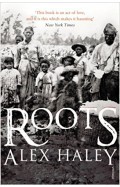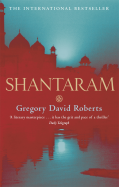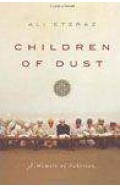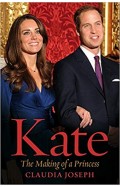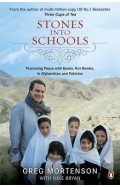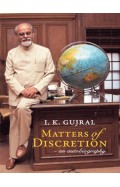Ernesto: Hemingway's Years in Cuba
By: Andrew Feldman
-
Rs 8,005.50
- Rs 8,895.00
- 10%
You save Rs 889.50.
Due to constant currency fluctuation, prices are subject to change with or without notice.
Ernest Hemingway first visited Cuba in 1928, and the experience would change the course of his entire life. He settled in Cojimar - a tiny fishing village east of Havana - in 1940, and came to think of himself as Cuban. What he discovered there, a new world counterpart to his beloved Spain, provided him the material for the novel that would rescue his uncertain career. The Old Man and the Sea won him a Pulitzer Prize and, one year later, resulted in the achievement of literature's highest honour - the Nobel Prize. Recognising his debt, Hemingway announced to the press that he had won the prize "as a citizen of Cojimar."
Andrew Feldman here uses his unprecedented access to newly available archives to tell the full story of Hemingway's Cubanness: his friendships with Cojimar fishermen, his adoptive Cuban family, the strong influences on his work by Cuban writers, his connections to Cuban political figures and celebrities.
This is the Hemingway story that has never been told: the full story of Papa as an expatriate in Cuba, an ingenuous American opportunist whose natural openness and curiosity connected with the distinctive warmth of the Cuban character. In Cuba he formed key artistic relationships - including a longstanding affair with a previously undiscovered Cuban lover, Leopoldina Roderiguez - and became the Nobel Prize-winning literary legend we know today.
Ernest Hemingway first visited Cuba in 1928, and the experience would change the course of his entire life. He settled in Cojimar - a tiny fishing village east of Havana - in 1940, and came to think of himself as Cuban. What he discovered there, a new world counterpart to his beloved Spain, provided him the material for the novel that would rescue his uncertain career. The Old Man and the Sea won him a Pulitzer Prize and, one year later, resulted in the achievement of literature's highest honour - the Nobel Prize. Recognising his debt, Hemingway announced to the press that he had won the prize "as a citizen of Cojimar."
Andrew Feldman here uses his unprecedented access to newly available archives to tell the full story of Hemingway's Cubanness: his friendships with Cojimar fishermen, his adoptive Cuban family, the strong influences on his work by Cuban writers, his connections to Cuban political figures and celebrities.
This is the Hemingway story that has never been told: the full story of Papa as an expatriate in Cuba, an ingenuous American opportunist whose natural openness and curiosity connected with the distinctive warmth of the Cuban character. In Cuba he formed key artistic relationships - including a longstanding affair with a previously undiscovered Cuban lover, Leopoldina Roderiguez - and became the Nobel Prize-winning literary legend we know today.
Zubin Mehta: A Musical Journey (An Authorized Biography)
By: VOID - Bakhtiar K. Dadabhoy
Rs 840.00 Rs 1,050.00 Ex Tax :Rs 840.00
Manning Up: How the Rise of Women Has Turned Men into Boys
By: Kay Hymowitz
Rs 995.00 Ex Tax :Rs 995.00
No similar books from this author available at the moment.
No recently viewed books available at the moment.
Zubin Mehta: A Musical Journey (An Authorized Biography)
By: VOID - Bakhtiar K. Dadabhoy
Rs 840.00 Rs 1,050.00 Ex Tax :Rs 840.00












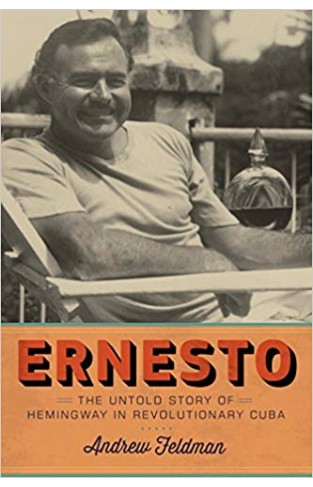
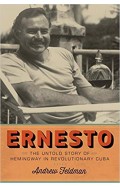
-120x187.jpg?q6)





